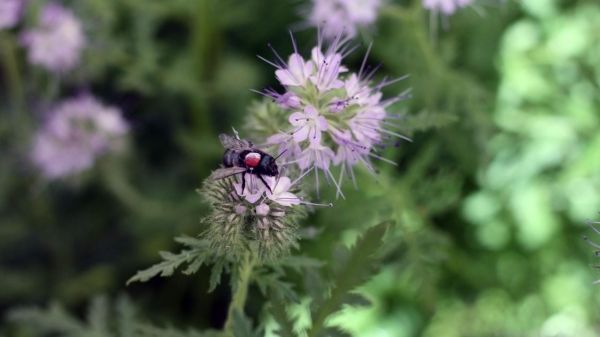A new study from researchers at the University of California, Davis, finds that pesticides not only directly affect bee health, but effects from past exposure can carry over to future generations. The study, published in the journal Proceedings of the National Academy of Sciences, suggests that bees may require multiple generations to recover from even a single application.
Bees play a critical role in agricultural ecosystems, providing pollination for many important crops. In most agricultural areas, bees may be exposed to pesticides multiple times, over multiple years. Studies to date have only looked at exposure to pesticides in one life stage or over one year.
“It was important for us to understand how exposure persists from one generation to the next,” said lead author Clara Stuligross, a Ph.D. candidate in ecology at UC Davis. “Our findings suggest we need to be doing more to help mitigate risks or we limit critical pollination services.”
Continue reading at University of California Davis
Image via University of California Davis


